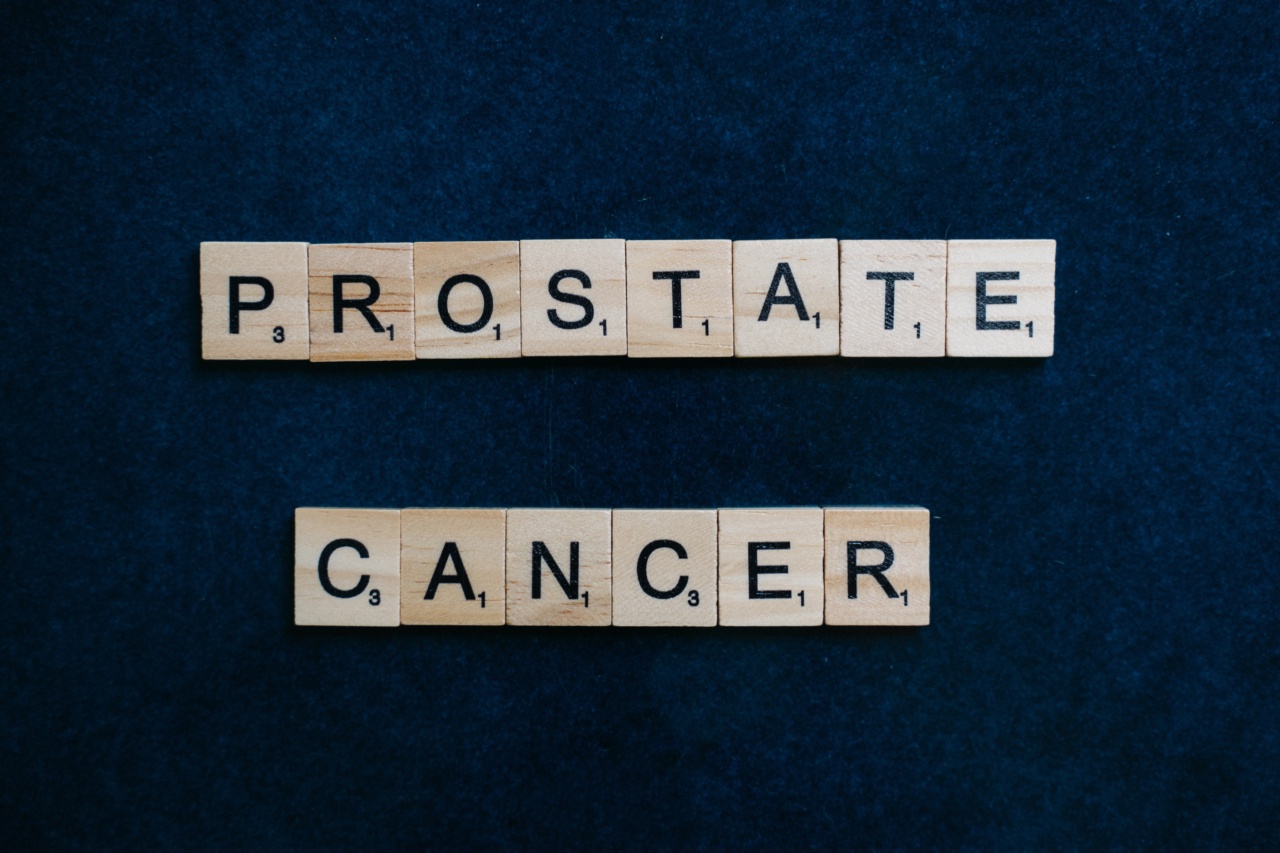Prostate cancer is a common form of cancer among men, with over 191,000 new cases expected to be diagnosed in the United States in 2020.
This diagnosis can be frightening and overwhelming, but with treatment and support, many men successfully fight the disease and go on to live long, healthy lives.
One aspect of life that can be challenging for prostate cancer survivors is intimacy and sexual function.
Treatment for prostate cancer often involves surgery, radiation, hormone therapy, or a combination of these methods, all of which can have an impact on a man’s sexual function and desire. However, with patience, understanding, and communication, couples can navigate these changes and find ways to maintain intimacy and connection.
Communicating about Sexual Changes
One of the most important things couples can do when dealing with changes in sexual function after prostate cancer treatment is to communicate openly and honestly.
For many men, these changes can be difficult to talk about, and partners may feel unsure about how to broach the topic.
It can be helpful to start by acknowledging that sexual function may be different after treatment, and that there may be some trial and error in figuring out what works for both partners.
Encourage your partner to share his feelings and any concerns he may have, and do your best to listen with empathy and understanding.
Remember that sexual intimacy is just one aspect of a relationship, and that there are many other ways to connect emotionally and physically.
Exploring new activities together, such as hiking or going to concerts, can help strengthen your bond and remind you of all the things you enjoy doing together.
Physical Changes and Sexual Function
Depending on the type of treatment a man receives for prostate cancer, he may experience a range of physical changes that impact sexual function. Some of these changes include:.
- Erectile dysfunction
- Decreased libido
- Dry or painful ejaculation
These changes can be difficult to cope with, but there are many treatments available that can help. For example, medications such as sildenafil (Viagra), tadalafil (Cialis), and vardenafil (Levitra) can help improve erectile function in some men.
Other treatments, such as penile injections or vacuum devices, may also be helpful for some men.
It’s important to talk to your doctor about any physical changes you are experiencing, as they may be able to recommend specific treatments that can help.
Your doctor may also be able to refer you to a specialist in sexual health or provide additional resources for support.
Emotional Changes and Sexual Function
In addition to physical changes, many men experience emotional changes after prostate cancer treatment that can impact sexual function and intimacy. For example, some men may feel anxious, depressed, or self-conscious about their bodies.
If you or your partner is experiencing emotional changes that are impacting your sexual relationship, it can be helpful to seek support from a counselor or therapist.
Couples therapy may also be beneficial in helping couples learn new ways to communicate and connect.
Tips for Maintaining Intimacy After Prostate Cancer
While dealing with changes in sexual function can be difficult, there are many ways for couples to maintain intimacy and connection after prostate cancer treatment. Here are a few tips:.
- Try new activities together, such as taking a cooking class or going to a museum
- Focus on non-sexual touch, such as holding hands or cuddling
- Explore new ways to be intimate, such as massage or sensual touch
- Communicate openly and honestly about feelings and concerns
- Consider seeking support from a counselor or therapist
- Remember that sexual function may take time to return, and that there are many other ways to feel connected and intimate
The Importance of Self-Care
Finally, it’s important for prostate cancer survivors to prioritize self-care and to take care of themselves both physically and emotionally. This may mean making time for regular exercise, getting enough sleep, and eating a healthy diet.
It’s also important to seek out support from friends, family, and healthcare professionals. Talking about your experiences with others can help you feel less alone and more empowered to navigate the challenges that come with prostate cancer treatment.
Conclusion
Prostate cancer treatment can have a significant impact on sexual function and intimacy, but with patience, understanding, and communication, couples can find ways to maintain intimacy and connection.
Whether through exploring new activities together, seeking support from a counselor or therapist, or focusing on non-sexual touch, there are many ways for couples to stay connected and intimate after prostate cancer treatment.






























